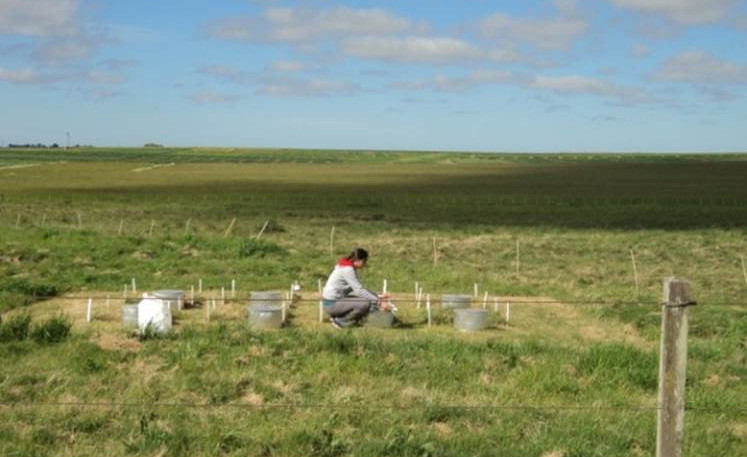Making molehills out of mountains to tackle environmental issues
30 August 2022 | News
Lincoln alumnus Tsewang Nuru Sherpa is dedicated to using local solutions to take on the big issues and protect the environment in his home country of Nepal.
The Master of Applied Science in Environmental Management graduate, who came to Lincoln on a Mingma Norbu Sherpa Memorial Scholarship, features in an an article entitled From Everest to Aotearoa on the Wilderness website.
The article highlights his research into the Garbage Deposit Scheme (GDS), which removes the rubbish left behind on Mt Everest after expeditions, with climbers paying a USD$4000 deposit that’s returned only if they bring back at least 8kg of rubbish.
"One of the best practices that we see with waste management in the Everest area is that it’s mostly local-based," he said, adding that local communities could do the same in New Zealand.
However, Tsewang also takes on even bigger issues in opinion pieces that have appeared in the Khatmandu Post for several years.
He covers climate change topics and their often overlooked effect on his homeland, such as the melting of one-third of Himalayan glaciers, local wildlife conservation issues such as the preservation of tigers, water quality and energy use.
He talks about how the climate change taking place in the mountainous region of Nepal has to be understood, and "the potential impact rendered on social and ecological systems needs to be laid down".
"There is little data about the mountain areas of Nepal, despite being climate change hotspots. Thus, the need to collaborate with communities, local practitioners and government bodies to develop solutions through information sharing is extremely critical."
He also highlights local success stories.
"Nepal has achieved several feats in the field of environment and conservation, the most recent being doubling the tiger population. Recently, another big step was taken: Chitwan National Park was recently declared a plastic free zone.
"Nepal’s first ever national park, Chitwan, will no longer entertain the usage of single-use plastic, from water bottles to wrappers. The declaration of Chitwan National Park, a World Heritage Site, as a plastic-free protected area highlights the efforts of the Department of National Parks and Wildlife Conservation."
See some of Tsewang's writing here.
Want to study environmental management at Lincoln?
Find out more

